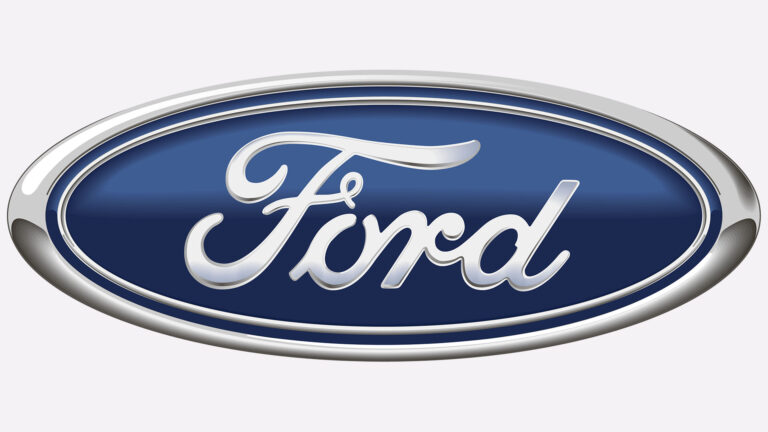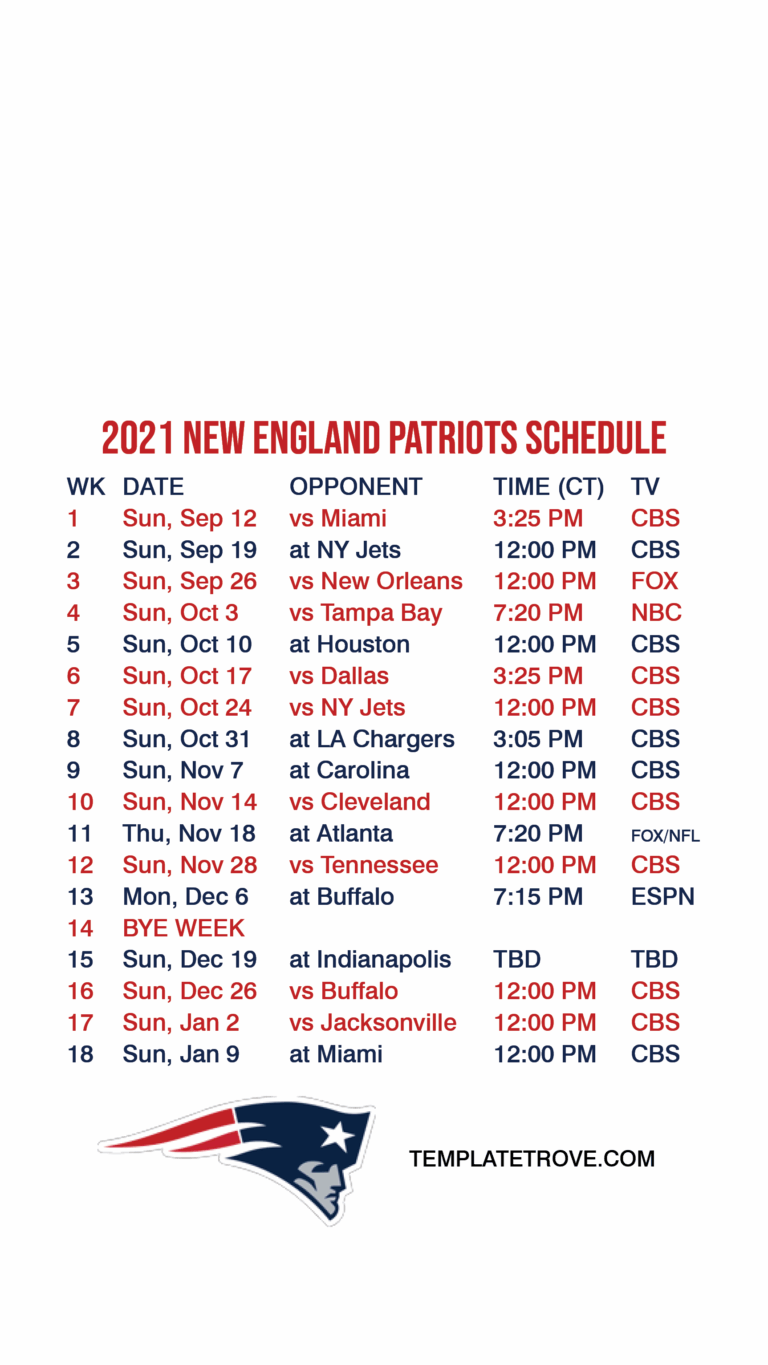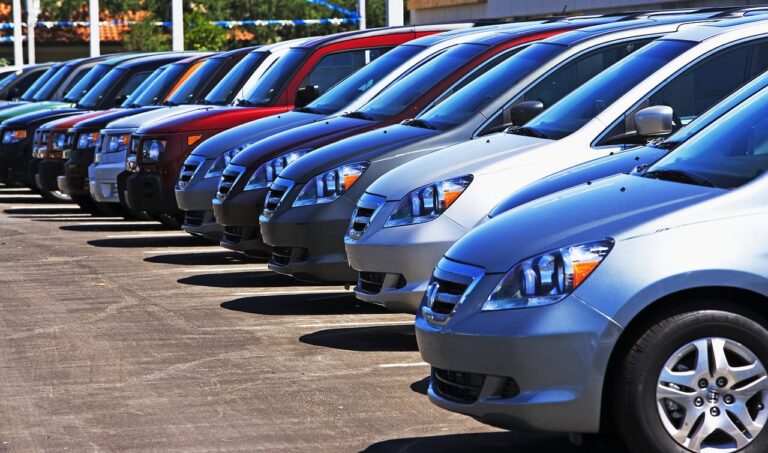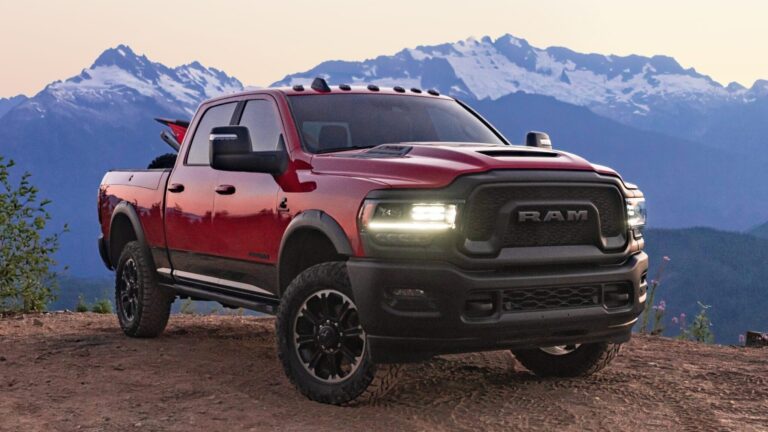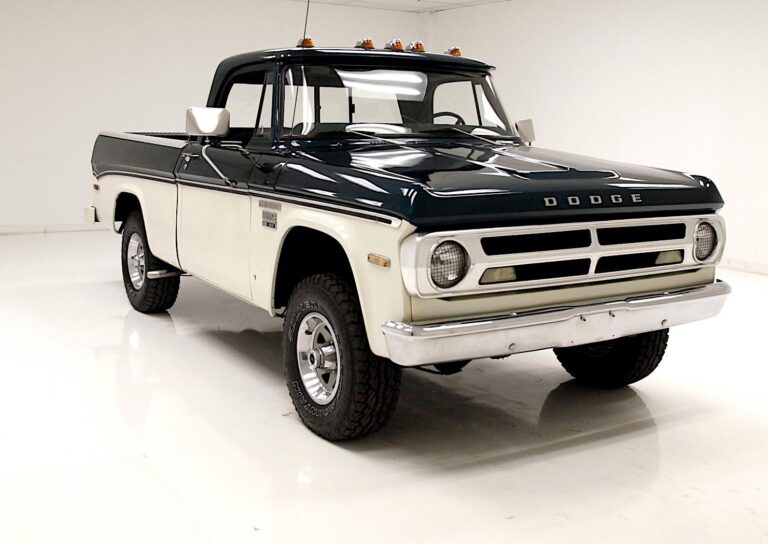5 Ton Trucks For Sale: Your Comprehensive Guide to Finding the Right Workhorse
5 Ton Trucks For Sale: Your Comprehensive Guide to Finding the Right Workhorse cars.truckstrend.com
In the world of commercial vehicles, the term "5-ton truck" often conjures images of robust workhorses, capable of hauling significant loads and tackling diverse tasks across a multitude of industries. From bustling construction sites and intricate logistics networks to demanding agricultural operations and specialized service delivery, these trucks form the backbone of countless businesses. But what exactly constitutes a "5-ton truck," and what should you consider when you’re in the market for one?
This comprehensive guide will demystify the process of finding "5 Ton Trucks For Sale," offering insights into their specifications, types, crucial buying considerations, and where to locate the perfect vehicle to meet your operational demands. Whether you’re a seasoned fleet manager or a small business owner looking to expand your capabilities, understanding the nuances of these versatile vehicles is key to making a sound investment.
5 Ton Trucks For Sale: Your Comprehensive Guide to Finding the Right Workhorse
Understanding the "5 Ton" Specification: Payload vs. GVWR
Before diving into the market, it’s crucial to clarify what "5-ton" truly signifies in the context of commercial trucks. Unlike passenger vehicles, commercial trucks are primarily classified by their Gross Vehicle Weight Rating (GVWR) – the maximum operating weight of the vehicle as specified by the manufacturer, including the vehicle’s chassis, body, engine, fuel, accessories, driver, passengers, and cargo.
While "5-ton" is often used colloquially to refer to a truck’s payload capacity (the maximum weight of cargo it can carry), it’s important not to confuse this with the GVWR. A truck with a 5-ton (10,000 lbs) payload capacity will have a significantly higher GVWR, as it must also account for its own curb weight (the weight of the empty truck).
Most trucks with a 5-ton payload capacity typically fall into the Class 5 or Class 6 weight classifications, which have GVWR ranges as follows:
- Class 5: 16,001 to 19,500 lbs
- Class 6: 19,501 to 26,000 lbs

This distinction is vital because GVWR directly impacts licensing requirements (e.g., whether a Commercial Driver’s License or CDL is needed), registration, and insurance. When searching for "5 Ton Trucks For Sale," always confirm the actual payload capacity and the GVWR to ensure it aligns with your operational needs and regulatory obligations.
Diverse Applications: The Many Faces of a 5-Ton Truck
The versatility of 5-ton trucks is their greatest asset. Their robust chassis and significant payload capacity allow for a wide array of upfits and configurations, making them suitable for numerous industries. When exploring "5 Ton Trucks For Sale," you’ll encounter various types, each designed for specific purposes:

1. Chassis Cab Trucks
The most fundamental form, a chassis cab is essentially a truck without a rear body. This is the starting point for customization, allowing businesses to install specialized bodies tailored to their exact needs. If you have a unique application or require a highly specific setup, starting with a chassis cab provides maximum flexibility.
2. Box Trucks (Dry Vans)
These are arguably the most common type of 5-ton truck, featuring an enclosed, rectangular cargo area. Ideal for moving general freight, furniture, appliances, or performing delivery services, box trucks offer protection from the elements and often come with a roll-up or swing-out rear door. Many are equipped with liftgates for easier loading and unloading.
3. Flatbed Trucks

Characterized by a flat, open bed with no sides or roof, flatbed trucks are perfect for transporting oversized, oddly shaped, or palletized materials that don’t require protection from weather. Construction materials, machinery, large equipment, and even vehicles are common cargo for 5-ton flatbeds.
4. Dump Trucks
Equipped with a hydraulic lifting mechanism that tilts the bed to discharge loose materials, 5-ton dump trucks are indispensable in construction, landscaping, and waste management. They are ideal for hauling sand, gravel, dirt, asphalt, and debris.
5. Service/Utility Trucks
These specialized trucks feature custom bodies with multiple external compartments, often including an integrated crane, air compressor, generator, or other tools. They are widely used by utility companies, contractors, mechanics, and field service technicians for on-site repairs and maintenance.
6. Refrigerated Trucks (Reefers)
For businesses transporting temperature-sensitive goods like food, pharmaceuticals, or flowers, 5-ton refrigerated trucks come with an insulated cargo area and a refrigeration unit. They maintain a consistent temperature, ensuring product integrity during transit.
Key Factors to Consider When Buying a 5-Ton Truck
Purchasing a 5-ton truck is a significant investment that requires careful consideration. Beyond just the "for sale" sign, here are critical factors to evaluate to ensure you make the best decision for your business:
1. New vs. Used: Balancing Cost and Longevity
- New Trucks: Offer the latest technology, full manufacturer warranties, and often better fuel efficiency. They come with a higher upfront cost but provide peace of mind regarding reliability and long-term service life.
- Used Trucks: Present a more budget-friendly option, allowing businesses to acquire greater capabilities for less capital. However, they come with higher mileage, potential wear and tear, and often limited or no warranty. A thorough inspection is paramount for used vehicles.
2. Budget and Total Cost of Ownership (TCO)
Look beyond the initial purchase price. Factor in:
- Fuel Costs: Diesel trucks generally offer better fuel economy and longevity but have higher fuel prices. Gasoline trucks are cheaper to refuel but less efficient for heavy-duty, long-haul operations.
- Maintenance & Repairs: Anticipate routine servicing, tire replacement, and potential repairs. Parts and labor for commercial trucks can be substantial.
- Insurance: Commercial truck insurance can be costly, varying based on vehicle type, usage, and driving record.
- Registration & Licensing: Fees vary by state and GVWR.
- Depreciation: The rate at which the truck loses value over time.
3. Intended Use and Application
This is the most critical factor. Precisely define what you will be hauling, how often, over what distances, and in what terrain. This will dictate the required payload, body type, engine power, drivetrain (2WD vs. 4WD), and specific features (e.g., liftgate capacity, crane reach).
4. Engine and Drivetrain
- Diesel vs. Gasoline: Diesel engines offer superior torque, durability, and fuel efficiency for heavy loads and continuous operation. Gasoline engines are typically cheaper to purchase and maintain, making them suitable for lighter duties or shorter routes.
- Transmission: Automatic transmissions are common for ease of driving, while manual transmissions can offer better control and fuel efficiency for experienced drivers.
- 2WD vs. 4WD: Most 5-ton trucks are 2WD (rear-wheel drive), sufficient for paved roads. If operating in challenging terrain, off-road, or in severe weather, 4WD might be a necessary investment.
5. Manufacturer Reputation and Reliability
Research brands known for reliability, durability, and widespread service networks. Popular manufacturers in the 5-ton segment include Ford (F-550, F-650), Ram (5500), Chevrolet/GMC (5500, 6500), Freightliner (M2 106), International (MV Series), and Hino (195, 268).
6. Features and Upfits
Consider any specific equipment or modifications you need:
- Liftgates: Different capacities and types (tuckaway, rail, column).
- Cranes: For lifting heavy objects (articulating, telescopic).
- Snow Plow Prep: For winter operations.
- Power Take-Off (PTO): For operating hydraulic equipment.
- Interior Comfort & Technology: Air conditioning, advanced infotainment, safety features (backup cameras, lane departure warnings).
Where to Find 5-Ton Trucks For Sale
The market for commercial vehicles is extensive. Here are the primary avenues to explore when searching for "5 Ton Trucks For Sale":
-
Authorized Dealerships:
- New Trucks: Official dealerships for brands like Ford, Ram, Freightliner, Hino, and International will have the latest models, financing options, and manufacturer warranties.
- Used Trucks: Many authorized dealers also have a pre-owned inventory, often including trade-ins or retired fleet vehicles from their brand or others.
-
Independent Used Truck Dealers:
- Specializing solely in pre-owned commercial vehicles, these dealers offer a wide variety of makes, models, and configurations. Prices can be competitive, but due diligence on vehicle condition is crucial.
-
Online Marketplaces:
- Commercial Vehicle Specific Sites: Websites like TruckPaper.com, CommercialTruckTrader.com, and MyLittleSalesman.com are dedicated platforms for commercial vehicle listings, offering extensive filters and detailed information.
- General Classifieds: Craigslist, Facebook Marketplace, and eBay Motors can occasionally list private sales, sometimes offering good deals but requiring extra caution.
-
Auctions:
- Public Auctions: Held by auction houses specializing in commercial equipment.
- Government Auctions: Surplus vehicles from municipal, state, or federal fleets.
- Fleet Sales/Private Sellers: Large companies often sell off parts of their fleets when upgrading or retiring vehicles. Keep an eye out for local advertisements or industry news.
-
Brokers:
- Commercial truck brokers can help you locate specific types of trucks, negotiate prices, and often assist with financing and logistics. They charge a fee but can save time and effort.
Tips for a Successful Purchase
- Define Your Needs Precisely: Before you even start looking, have a clear understanding of the truck’s primary purpose, required payload, and any essential features.
- Set a Realistic Budget: Account for the purchase price, taxes, registration, insurance, and initial maintenance.
- Thorough Inspection (for Used Trucks): Always have a qualified, independent mechanic inspect any used truck you are considering. This can uncover hidden issues that might lead to costly repairs down the line.
- Check Vehicle History Reports: For used trucks, obtain a vehicle history report (e.g., CARFAX, VINCheck) to check for accidents, salvage titles, flood damage, or lien issues.
- Test Drive Extensively: Load the truck with a representative weight if possible, and drive it on various road types to assess performance, braking, and handling. Listen for unusual noises.
- Negotiate Wisely: Be prepared to negotiate the price, especially for used trucks. Research comparable sales to understand fair market value.
- Understand Financing Options: Explore loan terms, interest rates, and leasing options that best fit your business’s financial strategy.
- Consider Post-Purchase Support: Inquire about warranties, service plans, and parts availability for the make and model you choose.
Estimated Price Guide: 5 Ton Trucks For Sale
Prices for 5-ton trucks vary dramatically based on the type, condition (new vs. used), mileage, year, make, model, engine type, and specific upfits or features. The table below provides a general estimate for various configurations, but it is crucial to conduct specific market research for current pricing.
| Truck Type | Condition | Example Make/Model (Hypothetical) | Estimated Price Range (USD) | Key Features / Notes |
|---|---|---|---|---|
| Chassis Cab | New | Ford F-550 / Ram 5500 | $55,000 – $90,000+ | Ready for custom body; typically diesel; high GVWR |
| Used | Ford F-550 / Ram 5500 (3-7 yrs old) | $25,000 – $60,000 | Price varies by mileage, condition, engine type | |
| Box Truck (Dry Van) | New | Hino 268 / Freightliner M2 106 | $70,000 – $120,000+ | Includes body, often with liftgate; diesel engines |
| Used | Isuzu NPR / GMC W5500 (5-10 yrs old) | $20,000 – $55,000 | Condition of box & liftgate crucial; mileage dependent | |
| Flatbed Truck | New | International MV Series | $75,000 – $130,000+ | Heavy-duty chassis; various bed lengths; diesel |
| Used | Ford F-650 / Freightliner M2 (5-10 yrs old) | $30,000 – $70,000 | Check bed condition, tire wear; often well-maintained | |
| Dump Truck | New | Hino 338 / Kenworth T270 | $90,000 – $180,000+ | Commercial-grade; heavy-duty hydraulics; diesel |
| Used | Sterling Acterra / International 4300 (5-15 yrs old) | $35,000 – $95,000 | Hydraulic system check is vital; frame condition | |
| Service/Utility Truck | New | Ford F-650 / Ram 5500 (upfitted) | $100,000 – $250,000+ | Highly specialized; includes crane, compartments, tools |
| Used | Chevy 5500 / Ford F-550 (upfitted, 7-15 yrs old) | $40,000 – $120,000 | Upfit condition, PTO hours are key for used units | |
| Refrigerated Truck | New | Hino 268 / Isuzu FTR (reefer body) | $90,000 – $160,000+ | Insulated box, refrigeration unit; diesel or electric |
| Used | Freightliner M2 / Ford F-650 (reefer, 5-10 yrs old) | $35,000 – $80,000 | Condition of refrigeration unit & insulation critical |
Note: These prices are estimates and can fluctuate significantly based on market demand, location, specific features, and overall condition. Always get multiple quotes and inspect vehicles thoroughly.
Frequently Asked Questions (FAQ) About 5 Ton Trucks For Sale
Q1: What exactly does "5-ton truck" mean in terms of capacity?
A1: "5-ton" typically refers to the truck’s payload capacity, meaning it can carry approximately 10,000 pounds (5 tons) of cargo. However, it’s crucial to distinguish this from the truck’s Gross Vehicle Weight Rating (GVWR), which includes the truck’s own weight plus its maximum payload. A 5-ton payload truck will have a GVWR significantly higher, usually falling into Class 5 (16,001-19,500 lbs) or Class 6 (19,501-26,000 lbs).
Q2: Do I need a CDL (Commercial Driver’s License) to drive a 5-ton truck?
A2: It depends on the truck’s GVWR and its intended use. In the U.S., a CDL is generally required for vehicles with a GVWR of 26,001 pounds or more, or if the vehicle is designed to transport 16 or more passengers (including the driver), or if it’s hauling hazardous materials. Since most 5-ton payload trucks fall into Class 5 or 6 (GVWR up to 26,000 lbs), you might not need a CDL if its GVWR is below 26,001 lbs and it’s not transporting hazardous materials. However, state-specific regulations and the actual loaded weight can influence this, so always check local laws.
Q3: What’s the typical fuel economy for a 5-ton truck?
A3: Fuel economy varies widely based on engine type (diesel vs. gasoline), load, terrain, driving habits, and vehicle age. Diesel 5-ton trucks generally offer better fuel efficiency for heavy loads, often ranging from 8-15 miles per gallon (MPG). Gasoline models might get slightly less. Remember, these are heavy-duty vehicles, and fuel consumption is higher than that of light-duty trucks.
Q4: What are the common maintenance costs for these trucks?
A4: Maintenance costs depend on usage, age, and brand. Expect routine maintenance like oil changes, tire rotations, and brake inspections. Larger components like transmissions, engines, and hydraulic systems can be very expensive to repair or replace. Diesel engines, while durable, often have higher parts costs for certain components (e.g., fuel injectors, DPF systems). Budgeting for preventative maintenance is key to minimizing unexpected breakdowns.
Q5: Can I customize a 5-ton truck after purchase?
A5: Absolutely! Many 5-ton trucks are sold as "chassis cabs" specifically for this purpose. You can add a wide variety of custom bodies and equipment, such as dump beds, flatbeds, box truck bodies, service bodies, cranes, liftgates, and more, to tailor the truck to your exact operational needs.
Q6: What’s the difference between a Class 4, 5, and 6 truck?
A6: These classifications are based on the truck’s Gross Vehicle Weight Rating (GVWR):
- Class 4: 14,001 – 16,000 lbs GVWR
- Class 5: 16,001 – 19,500 lbs GVWR
- Class 6: 19,501 – 26,000 lbs GVWR
A "5-ton" payload truck typically falls into Class 5 or 6, as its empty weight plus a 10,000 lb payload would put its GVWR in these ranges.
Conclusion
The search for "5 Ton Trucks For Sale" is an endeavor to find a vital asset that can significantly impact your business’s efficiency and profitability. These robust vehicles, with their substantial payload capacities and adaptable chassis, serve as indispensable tools across a myriad of industries.
By understanding the true meaning of "5-ton" in terms of payload and GVWR, exploring the diverse types available, and meticulously evaluating key factors like new versus used, total cost of ownership, and intended application, you can navigate the market with confidence. Armed with practical advice on where to look and what questions to ask, you are well-equipped to make an informed decision that drives your business forward. Invest wisely, and your 5-ton truck will prove to be a reliable and powerful workhorse for years to come.

